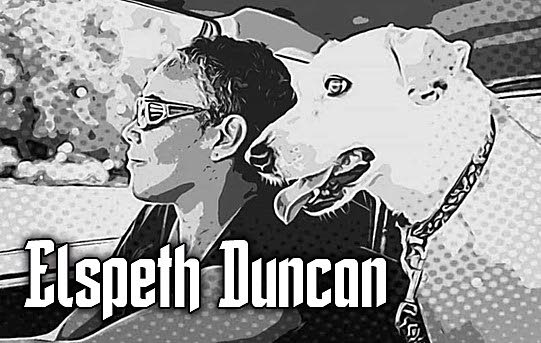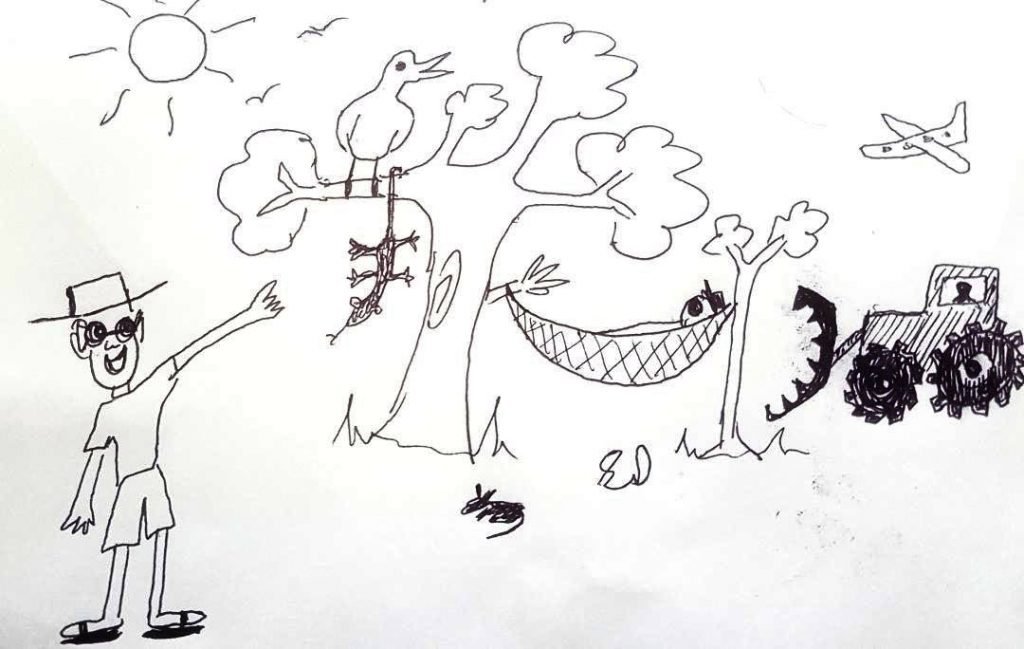Don't let history repeat itself

“There is a thin line between development and destruction,” Tobagonian octogenarian Joseph Percy says. “Airport expansion took away our livelihood and there is lots of pain that my ancestors bear in that area. During World War II, my father and grandfather lost about seven acres of land that they never received a penny for.
"And we were not alone. There were many other people in our community who lost untold numbers of acres to the Americans who built the present airport that sits there today.”
Growing up in Crumpston, Bon Accord, Tobago, during World War II, the large, close-knit Percy family (nine children) depended on fruits, coconuts and their livestock (goat, sheep, pigs, cows) for survival.
Mr Percy recalls his grandfather sitting and telling him, with tears in his eyes, how he felt about losing his land, without compensation.
“My father too could not say much about that to us. The entire airport system, runway and everything is land taken away from that time. Those of us who owned a lot of land...the total acreage was reduced and we were forced to live in smaller spaces. Our family has only two acres now left over from that terrible time.
“I remember as a child looking at the American planes landing on the grass strip. Many planes stuck and people used to run out and help pull them out.”

Mr Percy pauses before reflecting on what was an important part of his (and the community’s) life at that time – Crumpston Bay, which was virtually cut off from the people when the runway was built.
“That was an important beach,” Mr Percy says. “It was just as popular to us villagers as Store Bay and Swallows are now. We used to swim there all the time. As a boy I would swim in the early mornings before school.”
After living in Canada for many years, Mr Percy eventually returned to Tobago – “to settle for my final years.”
Sitting with us in the breezy living room is Rhonda Hackett, founder and president of the PEECE Movement, a group that stands as a voice for the community currently under threat of being relocated for proposed airport expansion.
Although from a younger generation of Crumpston dwellers, Rhonda can identify with Mr Percy’s fond memories of the area.
“We too used to hustle down to have a swim at Crumpston Bay before school,” she says. “And during holidays we would cook up food, pack bags and spend the day as a family on that beach. Losing access to it was like cutting off a major vine or artery in our community.
“A major aspect of our culture was killed with that extension of the runway,” Rhonda says. “Certain activities died as a result – digging for conch, pacro, gathering sea moss...We would cook as a family and as a community. There was a lot of sharing. That’s the kind of life we knew over generations who experienced the same. We all lived in different homes but that beach was an area where we could socialise, maintaining oneness and togetherness.”
She pauses, looking at her young son, asleep on her lap after a long day. “He has no idea of what I speak and will never have that opportunity.”
Despite past loss (and the dread of history repeating itself) a sense of wholesomeness and natural living remains in the area.
“Imagine we are in Crown Point, a developed area, but we still have a haven. Tourists would come, sit and bird watch in my yard. They don’t need to go to the rainforest. They are attracted to the vegetation and animals. We would watch snake and iguana fighting. When guys come to hunt, the iguanas run into our house because they know we won’t hurt them. The cocricos in the afternoon land on the moringa tree and take their last supper before bed. They don’t mind us. A little more and they land on your head.
"Those things are priceless. You can’t pay for it based on what they want to offer as ‘compensation.’”
“Nothing has been prepared for us,” Mr Percy says. “There are over 50 million people worldwide who are considered misplaced or refugees. Kicked out from their homes and their lands for one reason or another.
"We don’t want to be refugees and misplaced people on our own island. We have nowhere to go. The disruption of our community is history repeating itself.”


Comments
"Don’t let history repeat itself"